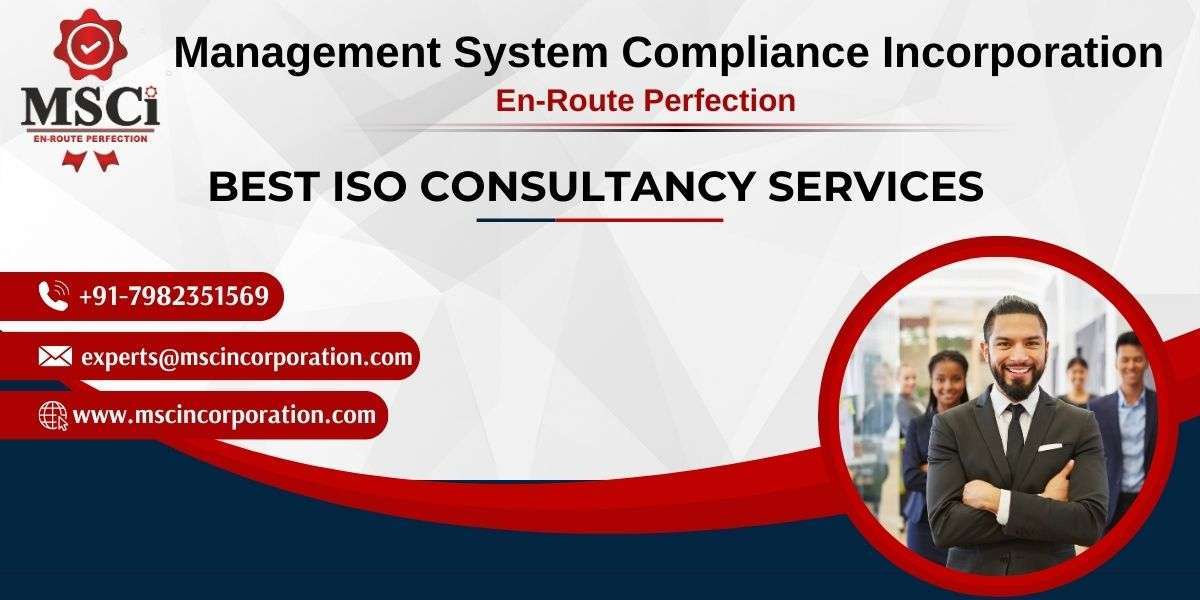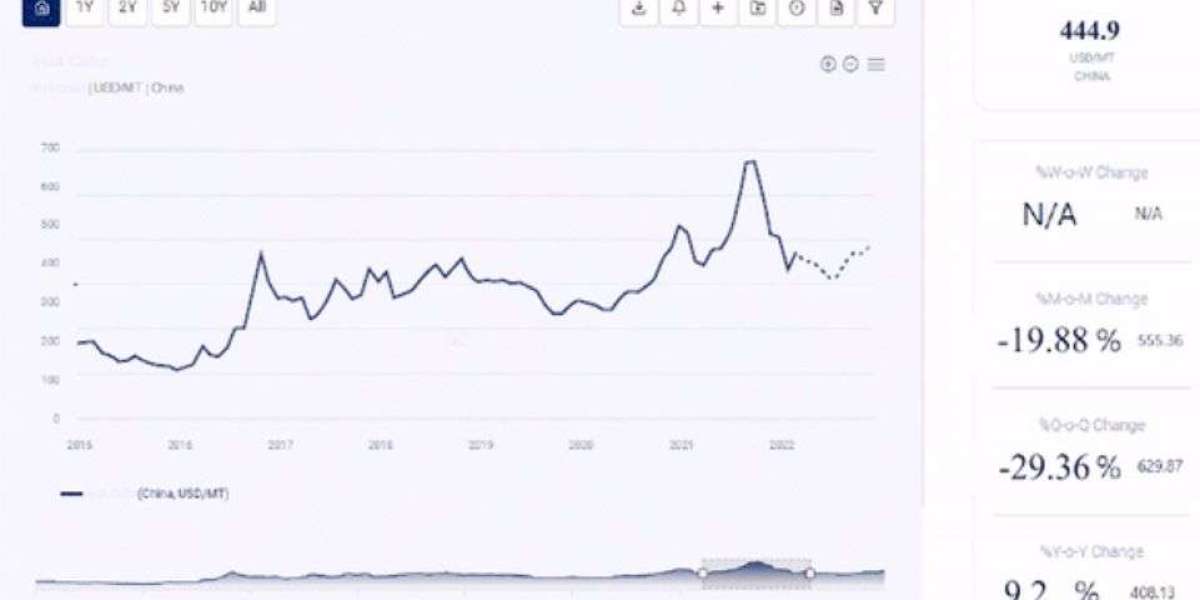An ISO consultant is a professional who specializes in assisting organizations to understand, implement, and maintain compliance with various ISO (International Organization for Standardization) standards. These consultants provide expert guidance, support, and training throughout the process of achieving ISO certification. Here are some key aspects of an ISO consultant's role:
Key Responsibilities
1. Gap Analysis: Conducting an initial assessment to identify gaps between the organization's current practices and the requirements of the desired ISO standard.
2. Implementation Planning: Develop a detailed plan for implementing the necessary processes and practices to meet ISO standards.
3. Documentation: Assisting in the creation and organization of required documentation, such as quality manuals, procedures, and records.
4. Training and Education: Providing training sessions for employees to ensure they understand ISO requirements and their roles in maintaining compliance.
5. Process Improvement: Identifying and suggesting improvements in existing processes to enhance efficiency and quality.
6. Internal Audits: Conducting internal audits to evaluate the effectiveness of the implemented processes and ensuring they comply with ISO standards.
7. Preparation for Certification Audits: Preparing the organization for external audits conducted by certification bodies, including addressing any issues that may arise during internal audits.
8. Continuous Support: Offering ongoing support and guidance to ensure continuous compliance and improvement after initial certification.
Skills and Qualifications
1. Knowledge of ISO Standards: In-depth understanding of various ISO standards relevant to different industries, such as ISO 9001 (Quality Management), ISO 14001 (Environmental Management), ISO 27001 (Information Security), etc.
2. Experience: Practical experience in helping organizations achieve and maintain ISO certification.
3. Analytical Skills: Ability to analyze existing processes and identify areas for improvement.
4. Project Management: Strong project management skills to effectively plan and execute the implementation process.
5. Communication Skills: Excellent communication and interpersonal skills to train staff and collaborate with different levels of the organization.
6. Problem-Solving: Aptitude for identifying potential issues and providing practical solutions.
7. Attention to Detail: Meticulous attention to detail to ensure all aspects of the ISO standard are met.
Types of ISO Consultants
1. Independent Consultants: Freelance professionals who offer their services on a project-by-project basis.
2. Consulting Firms: Employees of firms specializing in ISO certification and compliance, offering a range of services to various clients, like - MSCincorporation .
3. Internal Consultants: Sometimes organizations employ their own internal consultants who specialize in maintaining compliance with ISO standards.
Benefits of Hiring an ISO Consultant
1. Expert Guidance: Provides specialized knowledge and experience, making the certification process more efficient.
2. Time and Cost Efficiency: Helps in faster achievement of certification, saving time and resources.
3. Objectivity: Offers an unbiased perspective on the organization’s processes and systems.
4. Customized Solutions: Tailors solutions to meet the specific needs of the organization.
5. Continuous Improvement: Assists in establishing a culture of continuous improvement within the organization.
In summary, an ISO consultant plays a critical role in helping organizations achieve and maintain ISO certification, which can lead to improved efficiency, quality, and competitive advantage.







